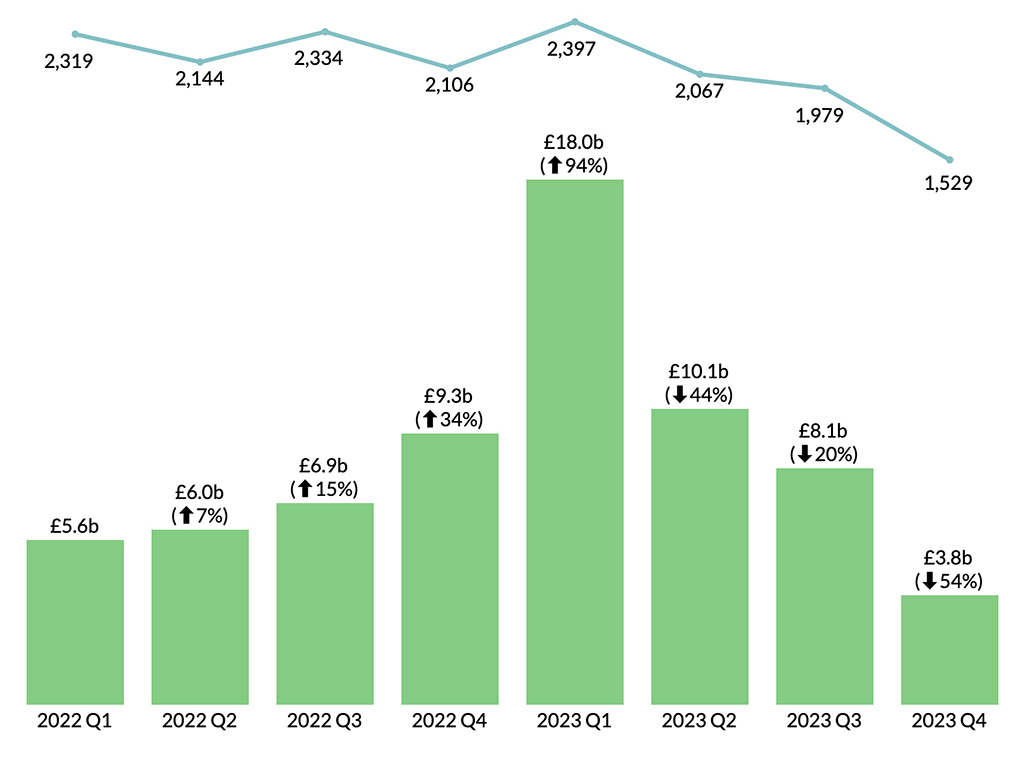Public sector procurement in the UK is a highly regulated and competitive process. Businesses looking to secure government contracts must navigate complex rules while demonstrating value, compliance, and efficiency. However, many companies make critical mistakes that hinder their chances of success.

In this guide, we highlight the top mistakes to avoid in UK public sector procurement and provide practical tips to improve your chances of winning contracts.
Failing to Read and Understand the Tender Requirements
One of the most common mistakes suppliers make is not thoroughly reading and understanding the tender documents. Each contract comes with specific instructions, eligibility criteria, and evaluation metrics.
How to Avoid This Mistake:
Carefully review all sections of the tender document.
Pay attention to mandatory requirements and submission guidelines.
Clarify any ambiguities with the contracting authority before the deadline.
Ignoring Social Value and Sustainability Requirements
UK public procurement increasingly prioritizes social value, sustainability, and ethical business practices. Many bids fail because suppliers do not adequately address these aspects.
How to Avoid This Mistake:
Clearly demonstrate how your business contributes to environmental, social, and economic benefits.
Align your bid with government objectives, such as net-zero targets and diversity initiatives.
Provide concrete examples, such as community engagement projects or eco-friendly practices.
Submitting an Incomplete or Poorly Structured Bid
Even if your business is fully qualified, an incomplete or poorly structured bid can lead to automatic disqualification. Missing documents, incorrect formatting, and lack of clear responses are major red flags.
How to Avoid This Mistake:
Use a checklist to ensure all required documents are included.
Follow the prescribed format and structure provided in the tender documents.
Review your bid for clarity, coherence, and completeness before submission.
Underestimating the Importance of Compliance and Accreditation
Many public sector contracts require specific certifications, accreditations, or regulatory compliance. Companies that fail to meet these requirements are immediately disqualified.
How to Avoid This Mistake:
Check the tender’s eligibility criteria for required certifications (e.g., ISO standards, Cyber Essentials for IT contracts).
Maintain up-to-date compliance records and be ready to provide evidence.
Consider obtaining pre-qualification assessments to boost your credibility.
Overpromising and Underdelivering
Some businesses exaggerate their capabilities in bids, only to struggle with delivery if awarded the contract. This can lead to reputational damage, penalties, and future disqualification from public sector tenders.
How to Avoid This Mistake:
Be realistic about your capacity, resources, and experience.
Only promise what you can confidently deliver within the contract terms.
Provide case studies or evidence of previous successful projects.
Not Researching the Buying Authority’s Needs
A generic, one-size-fits-all approach rarely succeeds in public procurement. Understanding the priorities, challenges, and objectives of the buying authority is essential for crafting a winning bid.
How to Avoid This Mistake:
Research the contracting authority’s goals, policies, and past procurement decisions.
Tailor your bid to address specific needs and challenges faced by the authority.
Engage in pre-tender market engagement events to gain insights.
Pricing Too High or Too Low
Price plays a significant role in procurement decisions, but both overpricing and underpricing can be detrimental. A bid that is too expensive may be rejected for exceeding the budget, while a very low bid may raise concerns about quality and sustainability.
How to Avoid This Mistake:
Conduct market research to determine competitive yet sustainable pricing.
Justify your pricing with clear cost breakdowns and value-added services.
Avoid making unrealistic cost reductions that could impact service quality.
Failing to Address Evaluation Criteria
Government contracts are awarded based on predefined evaluation criteria. Some suppliers submit bids that do not explicitly address these criteria, resulting in lower scores.
How to Avoid This Mistake:
Identify and focus on the key evaluation factors (e.g., price, quality, social value).
Structure your responses to directly align with scoring guidelines.
Use clear, concise language to make your points easy to assess.
Poor Communication During the Procurement Process
Lack of responsiveness or failure to clarify doubts can create a negative impression with the procurement team. Effective communication is crucial throughout the bidding and contract execution process.
How to Avoid This Mistake:
Respond promptly to queries and requests for additional information.
Seek clarifications where necessary to avoid misinterpretation.
Maintain professionalism and transparency in all interactions with the buying authority.
Not Learning from Past Failures
Many businesses give up after one unsuccessful bid instead of analyzing what went wrong. Learning from previous attempts can significantly improve future success rates.
How to Avoid This Mistake:
Request feedback from procurement authorities on unsuccessful bids.
Identify areas for improvement and refine your approach.
Continuously update your bid-writing strategy based on lessons learned.




